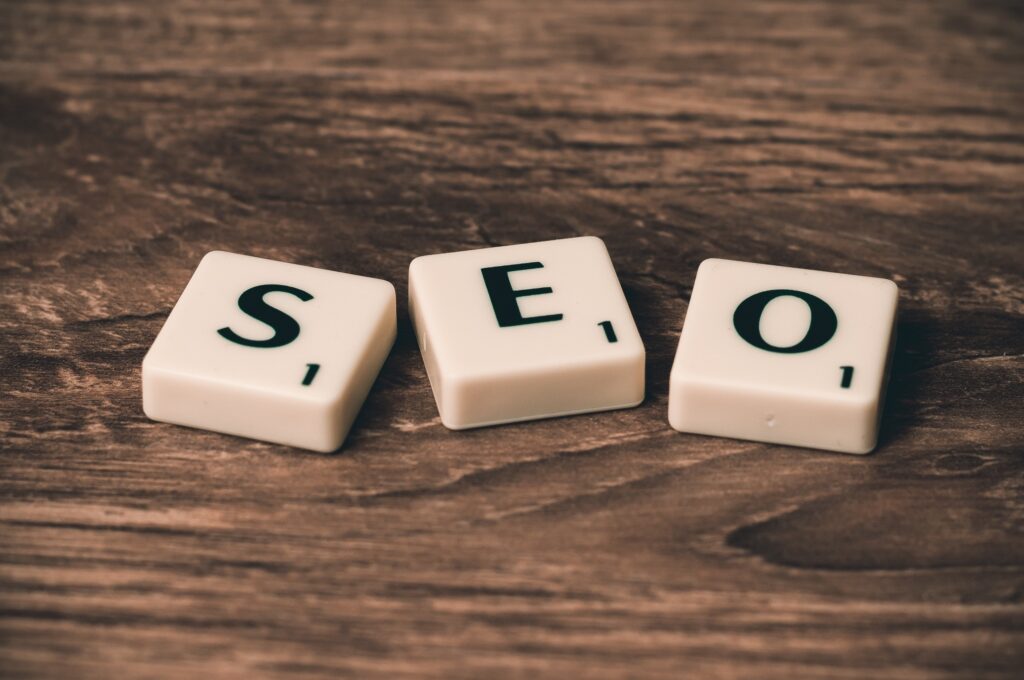Search Engine Optimization, or SEO, is the process of optimizing your web pages so that they appear high in Google and other search engines’ search results. This implies that when people search the internet, they are more likely to come across your website. The goal of SEO is to improve ranks in organic (or non-paid) search results. (More on this later). If you have a website and want to increase traffic, SEO should undoubtedly be a component of your marketing strategy.

Setting up your SEO correctly, optimizes your website to be the best result, or highly ranked (depending on the niches you have chosen). You can move up the rankings and become one of the first results that people see, resulting in more clicks and traffic to your website.
Although the results in this example appear entirely natural, this is not always the case. There may be some adverts at the top, a rich result, or a few Google Shopping items, depending on the search query. There are various alternatives, and what Google shows depends on the information it has about the person searching (the country they live in, demographics, etc.).
Google’s search engine uses algorithms to evaluate how high each search result should be ranked. The aim of a digital marketer to get their brand, website, or organization noticed by searchers is crucial, and understanding how SEO is changing may help you stay on top of your game. While SEO develops in little ways on a daily basis, the discipline’s basics do not.
We may divide SEO into three main categories that you should be familiar with and use regularly. These are:
On-page
Off-page
Technical optimizations
On-page considerations
When it comes to establishing a page’s ranking, on-page optimization is crucial. On-page SEO variables are all the elements on your website that you have direct control over. Among these factors are technical aspects (such as the quality of your code and site performance) as well as content-related elements (such as your website’s structure or the quality of the writing on your website). All of these are crucial on-page SEO elements to optimize.
On-page SEO is the process of ensuring that your site’s content is relevant and gives a positive user experience. To target relevant keywords inside your post, you’ll need to use a content management system. WordPress, Wix, Drupal, Joomla, Magento, Shopify, and Expression Engine are all content management systems.
Off-page considerations
Off-Page Optimization is the practice of improving your website’s search engine results by activities that occur outside of it. Backlinks are necessary for a site’s reputation to thrive.
Off-page SEO factors have an impact on your rankings. These aspects include links from other websites, social media attention, and other marketing activities that take place outside of your own website. It may be more difficult, but not impossible, to adjust some off-page SEO features. The quantity and quality of links pointing to your site are the most important of these off-page factors. Your Google ranking will improve as more relevant and high-quality sites link to your website.
Another off-page factor that influences SEO is your competition in your company’s, or blog topic niche. Ranking in some areas is significantly more difficult than in others. As a consequence, your market’s competitiveness has a big influence on your chances of ranking.
Technical considerations
The process of making modifications to your website that have nothing to do with the content but are meant to improve your SEO is known as technical optimization. It usually occurs behind closed doors.
Having said all the above there is a lot more to understanding SEO optimization and how search engines algorithms work. This introductory article should help provide a better understanding of SEO.
